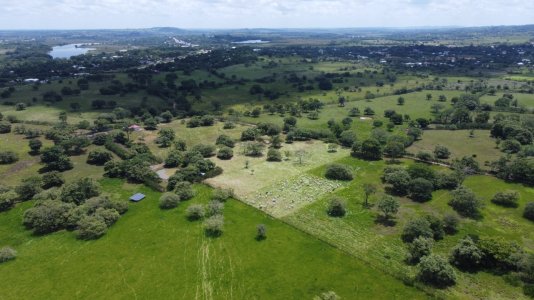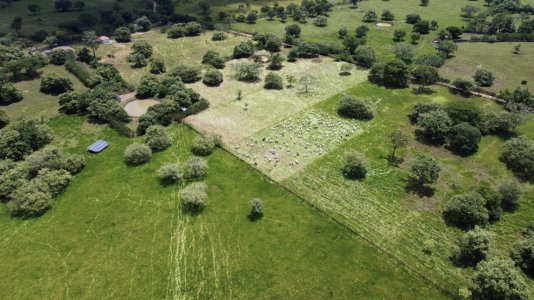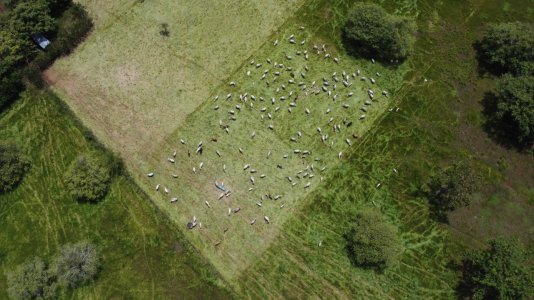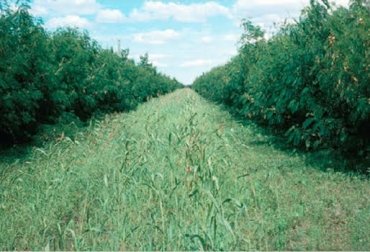Chapin81
Well-known member
Hi everyone I hope everyone is doing well.
As some of you may know we have a cow-calf operation in northern Guatemala. Our pastures are monoculture, brizantha, humidicola and cayman grasses. Cayman and humidicola we use because they are resistant to flooding. A few weeks ago I started watching videos on youtube discussing clover and I feel like it is needed due to its nitrogen fixing ability and help break up the soil. Our rest periods are around 60-90 days depending on the time of year. Our lowest temps are around 60f and our highest 104f our rainy season starts in May and ends in late February the following year.
It's greatly appreciated if anyone can answer my questions.
How often can clover be grazed ??
Can it be heavily grazed for shorts periods? We usually graze half and leave half or sometimes leave more grass behind.
I hear people talk about morning dew on clover is toxic, is this the same if it's raining?(excuse my ignorance). I'm just concerned about the bloat I hear about.
I don't plan on seeding the entire pasture full of clover, it's mostly for the bare spots or paths that developed due to over grazing from many years before.
Is there any particular clover that is drought and heat resistant?
I attached a few pics from 2022 showing how we grazed.
I wish everyone a happy new year and achieve many of your goals for 2023!
As some of you may know we have a cow-calf operation in northern Guatemala. Our pastures are monoculture, brizantha, humidicola and cayman grasses. Cayman and humidicola we use because they are resistant to flooding. A few weeks ago I started watching videos on youtube discussing clover and I feel like it is needed due to its nitrogen fixing ability and help break up the soil. Our rest periods are around 60-90 days depending on the time of year. Our lowest temps are around 60f and our highest 104f our rainy season starts in May and ends in late February the following year.
It's greatly appreciated if anyone can answer my questions.
How often can clover be grazed ??
Can it be heavily grazed for shorts periods? We usually graze half and leave half or sometimes leave more grass behind.
I hear people talk about morning dew on clover is toxic, is this the same if it's raining?(excuse my ignorance). I'm just concerned about the bloat I hear about.
I don't plan on seeding the entire pasture full of clover, it's mostly for the bare spots or paths that developed due to over grazing from many years before.
Is there any particular clover that is drought and heat resistant?
I attached a few pics from 2022 showing how we grazed.
I wish everyone a happy new year and achieve many of your goals for 2023!




